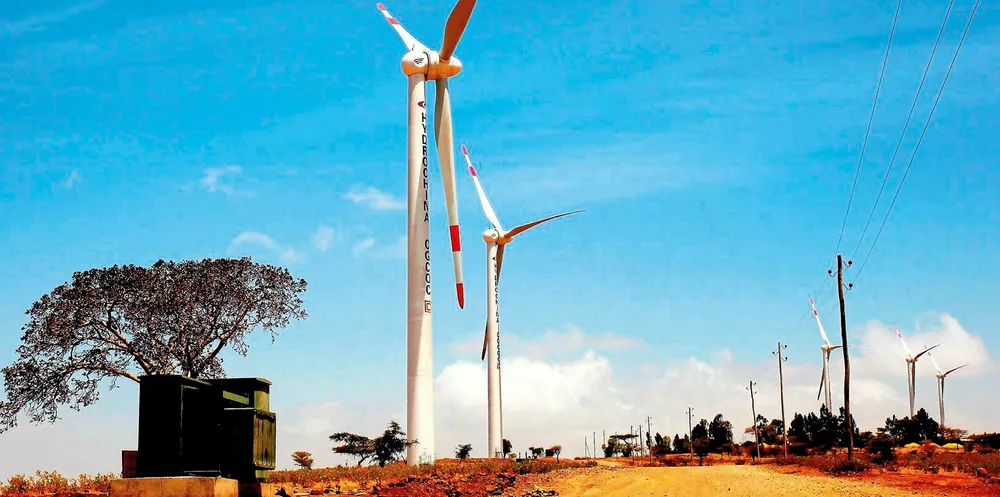Irena and AU join to boost African renewables in response to Covid-19
Cooperation will lead off with Saharan Desert to Power programme and 'Clean Corridors' scheme in East of the continent

Cooperation will lead off with Saharan Desert to Power programme and 'Clean Corridors' scheme in East of the continent
